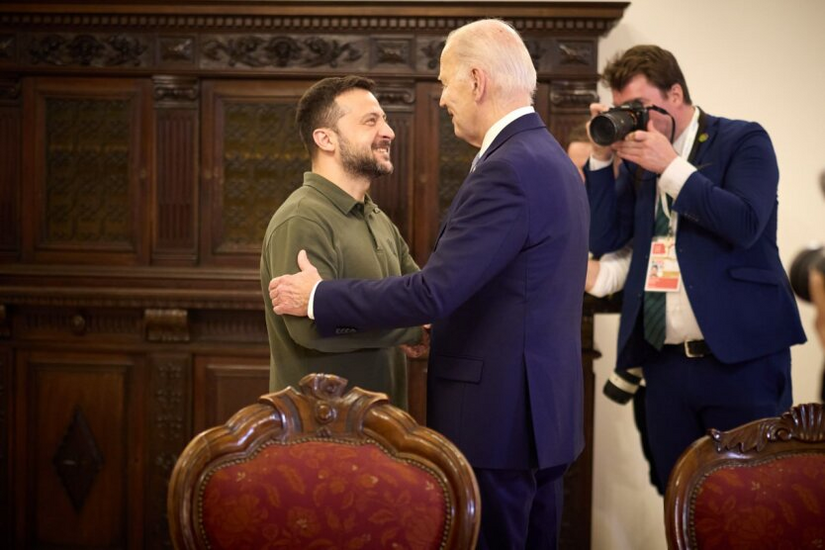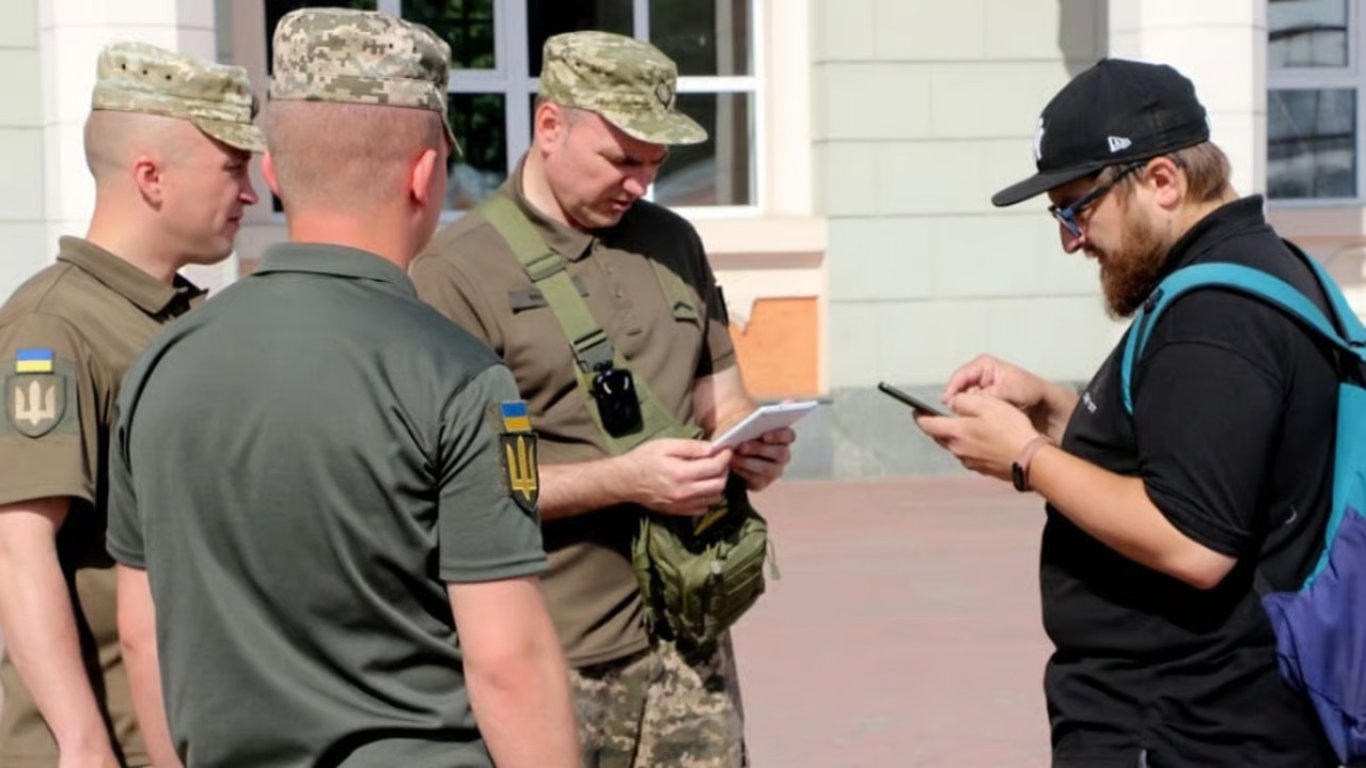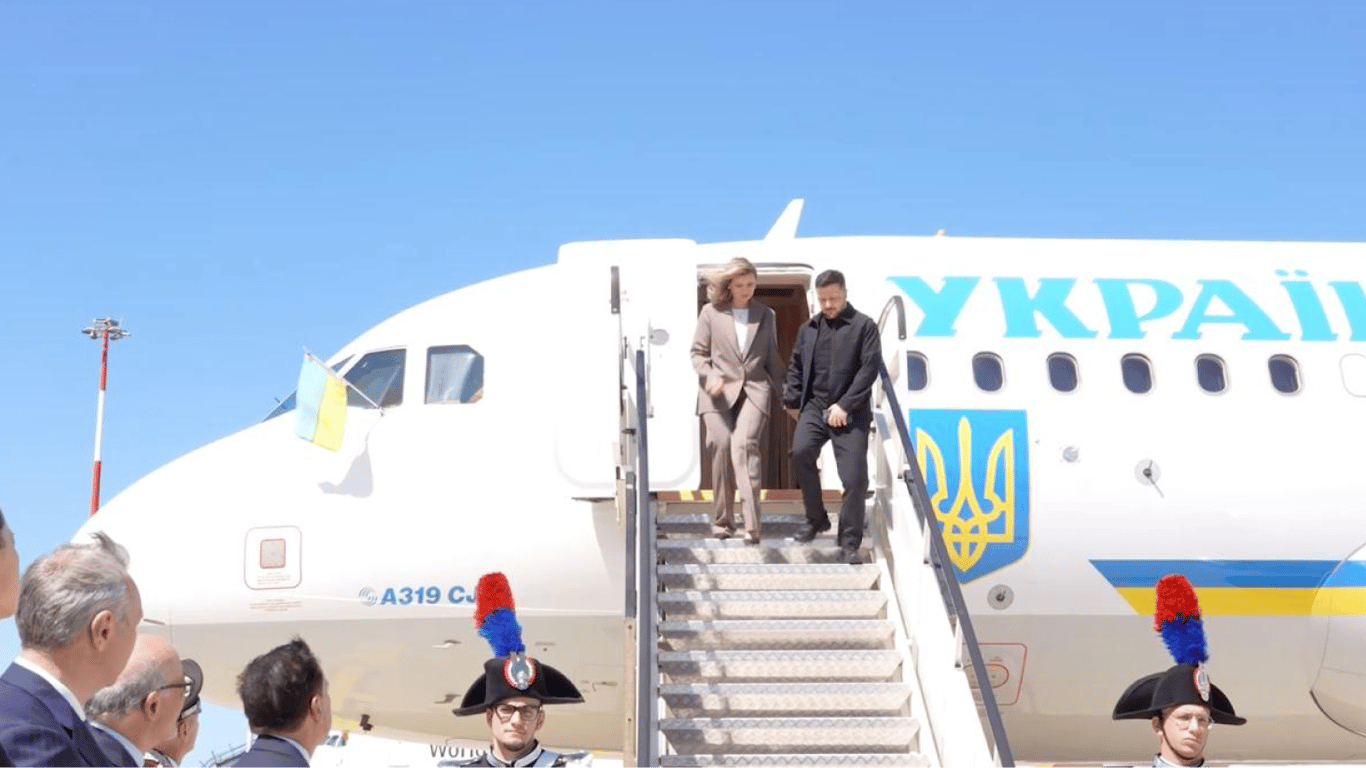NYT: Western countries discuss expanding Ukraine's military capabilities for future negotiations.


According to The New York Times, diplomatic efforts regarding the war in Ukraine are currently more focused on shaping the situation on the battlefield in Ukraine's favor than on direct peace negotiations.
Although Ukrainian President Volodymyr Zelensky has called for a new peace summit in November, open to Russian participation, Western diplomats believe that Russian President Vladimir Putin still shows no signs of readiness for good-faith peace talks.
American and European officials believe that Ukraine must consolidate and expand its gains on the battlefield to push Putin to the negotiating table and have significant leverage if talks begin.
Ukraine's recent successes, including the occupation of Russian territory in Kursk and the intensification of strikes on Russian oil facilities, have energized diplomatic discussions. Specifically, the question is being debated whether the U.S., the U.K., and France should allow Ukraine to use the long-range missiles they provided for deep strikes into Russia.
Britain and France are ready to allow such strikes with their weapons but are waiting for approval from U.S. President Joe Biden. Biden has so far hesitated to allow Ukraine to use U.S. weapons for deep strikes.
During a visit to Kyiv, U.S. Secretary of State Antony Blinken stated that the U.S. would "adjust and adapt" to battlefield conditions, emphasizing the determination to ensure Ukraine has what it needs for success.
Experts believe that success on the battlefield is the foundation of any hopes for a negotiated settlement. Enhanced military capabilities for Ukraine could bring Putin to the negotiating table and help support any truce, especially considering that economic sanctions have not changed his behavior.
Russia is also focusing its diplomatic efforts on strengthening its military capabilities, particularly with the help of China, North Korea, and Iran. Blinken and British Foreign Secretary David Lamy publicly accused Iran of supplying Russia with short-range ballistic missiles.
Critics of Biden's gradual approach argue that it undermines long-term diplomacy by creating an atmosphere of frustration and distrust between American and Ukrainian officials, and failing to give Ukrainians opportunities to build up trump cards that would force Putin to negotiate.
The shape of future diplomacy will also depend on the U.S. presidential elections in November. Vice President Kamala Harris has pledged continued support for Ukraine from the Biden administration, whereas former President Donald Trump has led many Republican lawmakers in efforts to block aid to Ukraine.
Zelensky said he would present a "victory plan" to Biden, Harris, and Trump this month that "will impact Russia's decision to end this war." The strategy includes psychological, political, diplomatic, and, most importantly, military pressure on Moscow.
Experts believe that the key to peace negotiations lies in proving to Putin that Ukraine and its allies can conduct a prolonged military campaign. When he sees that Ukrainian society is not divided, the West is determined to provide the necessary equipment, and Ukraine can strike Russian military targets deep inside Russia, then he will start considering negotiations.
Read also
- Against the System — How Former New Zealand Minister Supports Ukraine
- Trump threatened Putin to bomb Moscow to death — CNN
- Zelensky reacted to Russia's massive attacks on Ukraine









